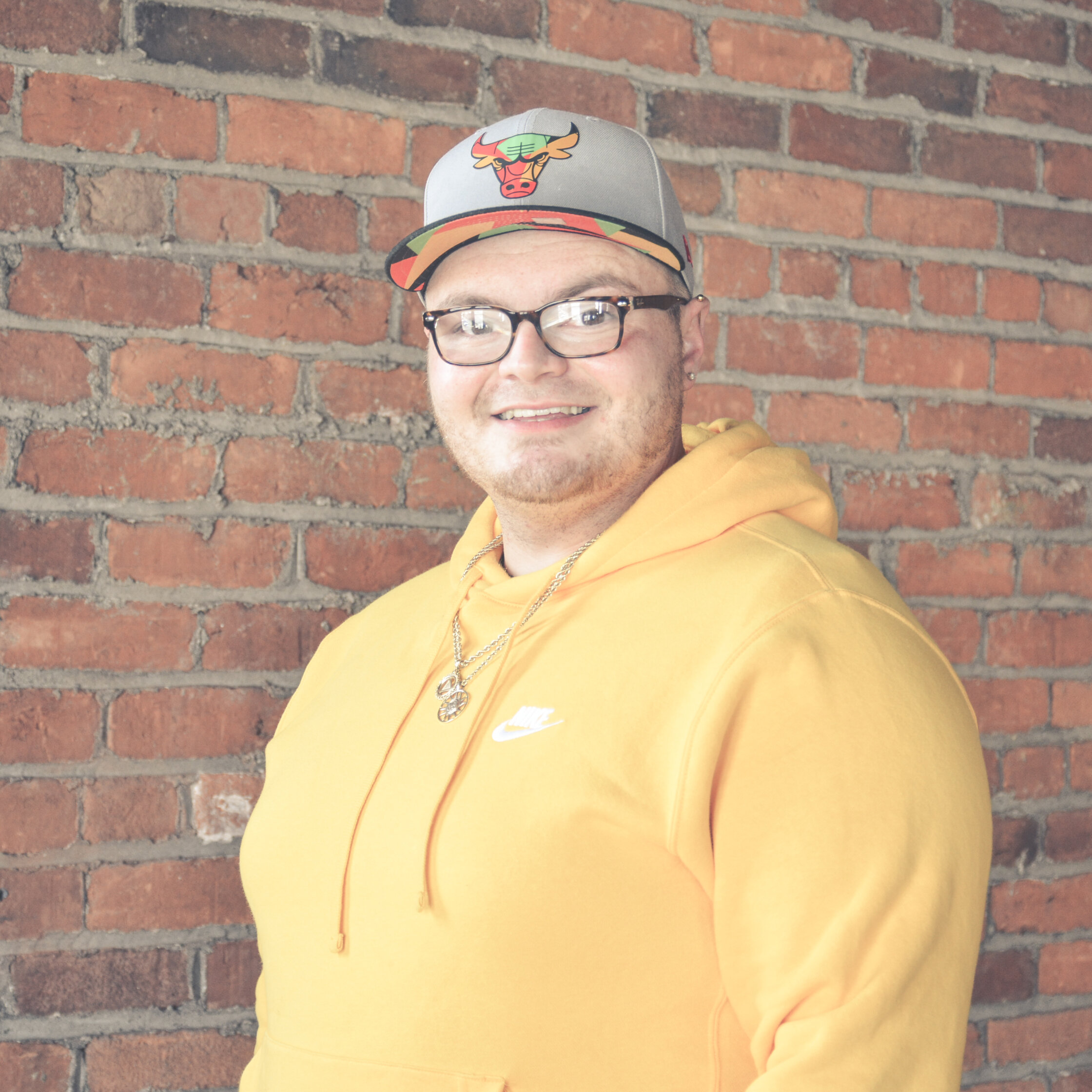The Faces of TCC: Justin
An interview with Justin, Alumni of The Counseling Center
I was actually offered a job by the same branch of The Counseling Center that I went through. I'm the first person to ever go through that program to get rehired.
–Justin

Q. How did you come in contact with The Counseling Center?
I'm from Huntington West Virginia; which a lot of people don't know is a major heroin bloodline for this area. For the last couple of years in my addiction, I was incarcerated a lot. I was bouncing around from abandoned houses to wherever I could sleep or just stay. I didn't sleep a lot, I was strung out on meth. The last time that I got incarcerated in West Virginia I was served an indictment from Ohio and was sent to STAR. While at STAR I had no type of "want" to get clean. I just wanted to get out so that I can shoot dope because I love to shoot dope... that's what I like to do. In the last couple of months I was there I had gotten a clear mind and I started to see certain people that work there that had things that I wanted or were able to communicate with people in a way that I wanted to be able to communicate with people. I've always had a longing to be because I've never had a father. I just wanted to have a sense of belonging that I thought I was finding in drugs but really I didn't. I decided to go to the Hughes Re-Entry program when I left STAR. I struggled a lot when I got to Hughes. I hated it. I hated everything about it. I still wanted to shoot dope but I did have a want to change. I met some people that work at Hughes that helped me a lot. They were patient with me and actually showed that they cared for me. That changed my mindset and I started to get more involved in wanting to get better and to make a better life for myself. When I left STAR I didn't have anything I had the clothes on my back and a pair of prison slides. I didn't have any family support whatsoever. I got a good piece of advice when I was there by somebody who had things that I want and said "if you just don't shoot dope in your neck and you can have these things too", and I got to thinking that sounds doable.
Q. YOGA? VOCATIONAL? GED?
I would do yoga every chance I could and I also did the Barge class. Stability was a big factor for me in my recovery. It's something that I never had. So it meant a lot to me that they decided to let me stay. I completed my treatment early. It was like the structure thing. It helped me grow up. I was on fire for my recovery so I was cool with doing those things. I would sit at the HAWC 12 hours a day from seven in the morning until 5:30 at night. When I got into recovery, I didn't have a birth certificate, a license, a social security card. I didn't have anything. The Counseling Center helped me get all those things back. I got my license back for the first time in 11 years. I have my own vehicle. My mother lets me at her house. She actually calls to check on me and that means a lot to me. I have a lot of materialistic things, but the thing that I've gained the most is people's trust. I've accomplished a lot since I've been here and if it wasn't for The Counseling Center, there's no way that I would've been able to do the things that I've done.
Q. What would you tell somebody like the struggling right now, treatment, homeless, whatever, like what's up, what's a message you'd like to deliver to them?
Even if you have no belongings, if you show up to the rooms of NA (Narcotics Anonymous) and The Counseling Center, they will make you feel like you belong. We'll help you, um, paint a better life for yourself. And it's not hard. Like once you just stop shoving needles in your neck, things just kind of fall into place. There is a better life.
We encourage you to follow us on Facebook and Instagram as we continue to share our thoughts and practices in the business of Mental Healthcare. If you or someone you love is in need of behavioral treatment of any kind–reach us at 740.354.6685 or 24/7 on the Crisis Hotline 740.354.1010.
💣 💪 💪 💯